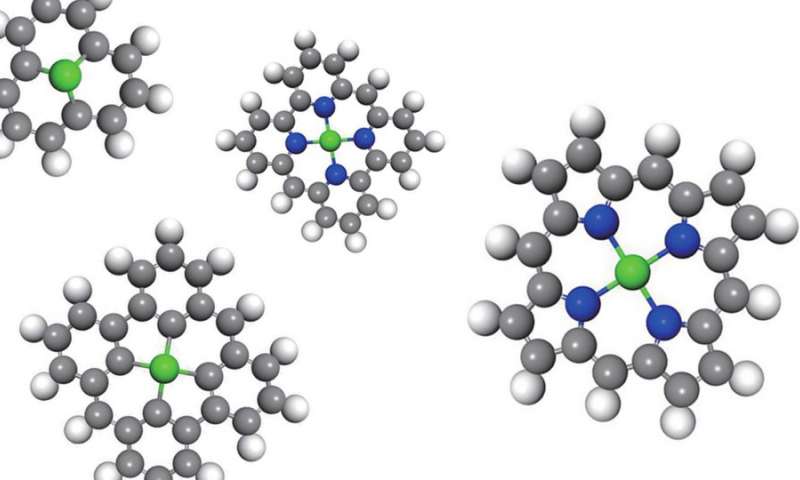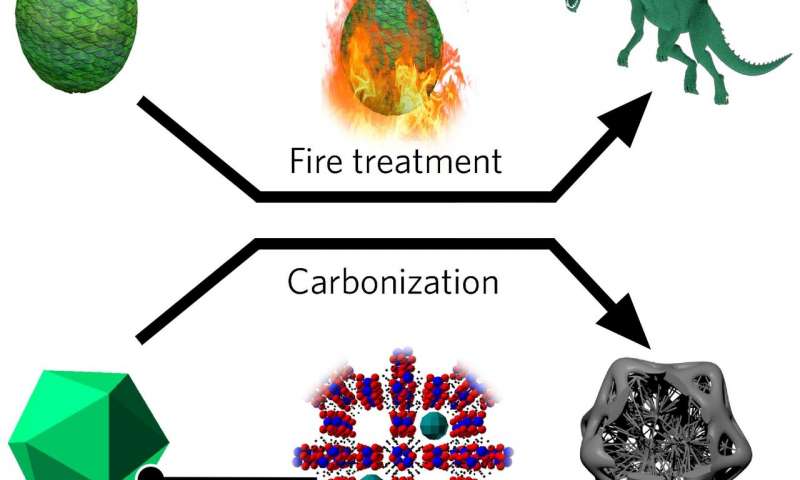World’s fastest water heater—100,000 degrees in under a 10th of a picosecond
Scientists have used a powerful X-ray laser to heat water from room temperature to 100,000 degrees Celsius in less than a 10th of a...
Deeper understanding of quantum chaos may be the key to quantum computers
New research gives insight into a recent experiment that was able to manipulate an unprecedented number of atoms through a quantum simulator. This new...
New evidence for water plumes on Jupiter’s moon, Europa
Scientists presented further evidence Monday for water plumes on the surface of Jupiter's moon Europa, raising hopes of probing the jets for signs of...
Lead pollution in Greenland ice shows rise and fall of ancient European civilizations
To learn about the rise and fall of ancient European civilizations, researchers sometimes find clues in unlikely places: deep inside of the Greenland ice...
Simple equation directs creation of clean-energy catalysts
New guidelines laid down by Nebraska and Chinese researchers could steer the design of less costly, more efficient catalysts geared toward revving up the...
New research sheds light on why certain oaks are found together
North America is home to 91 species of oak trees. Astoundingly, the various species rarely, if ever, occur alone. Where one kind of oak...
First description of mEAK-7 gene could suggest path toward therapies for cancer, other diseases
For years, researchers have known that a gene called EAK-7 plays an important role in determining how long worms will live. But it remained...
Scientists discover how a pinch of salt can improve battery performance
Researchers at Queen Mary University of London, University of Cambridge and Max Planck Institute for Solid State Research have discovered how a pinch of...
The photoexcited graphene puzzle solved
Light detection and control lies at the heart of many modern device applications, such as the cameras in phones. Using graphene as a light-sensitive...
Mini tractor beams help arrange artificial cells into tissue structures
Researchers have used lasers to connect, arrange and merge artificial cells, paving the way for networks of artificial cells that act like tissues.
The team...
Could a multiverse be hospitable to life?
A Multiverse—where our Universe is only one of many—might not be as inhospitable to life as previously thought, according to new research.
Questions about whether...















